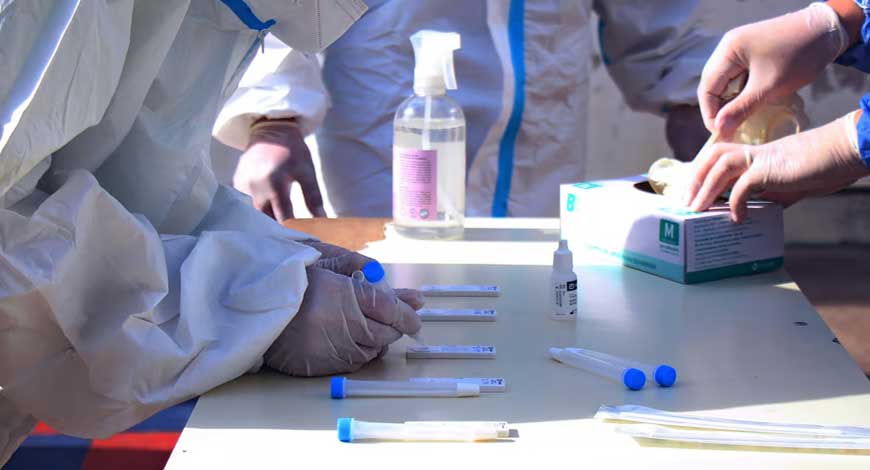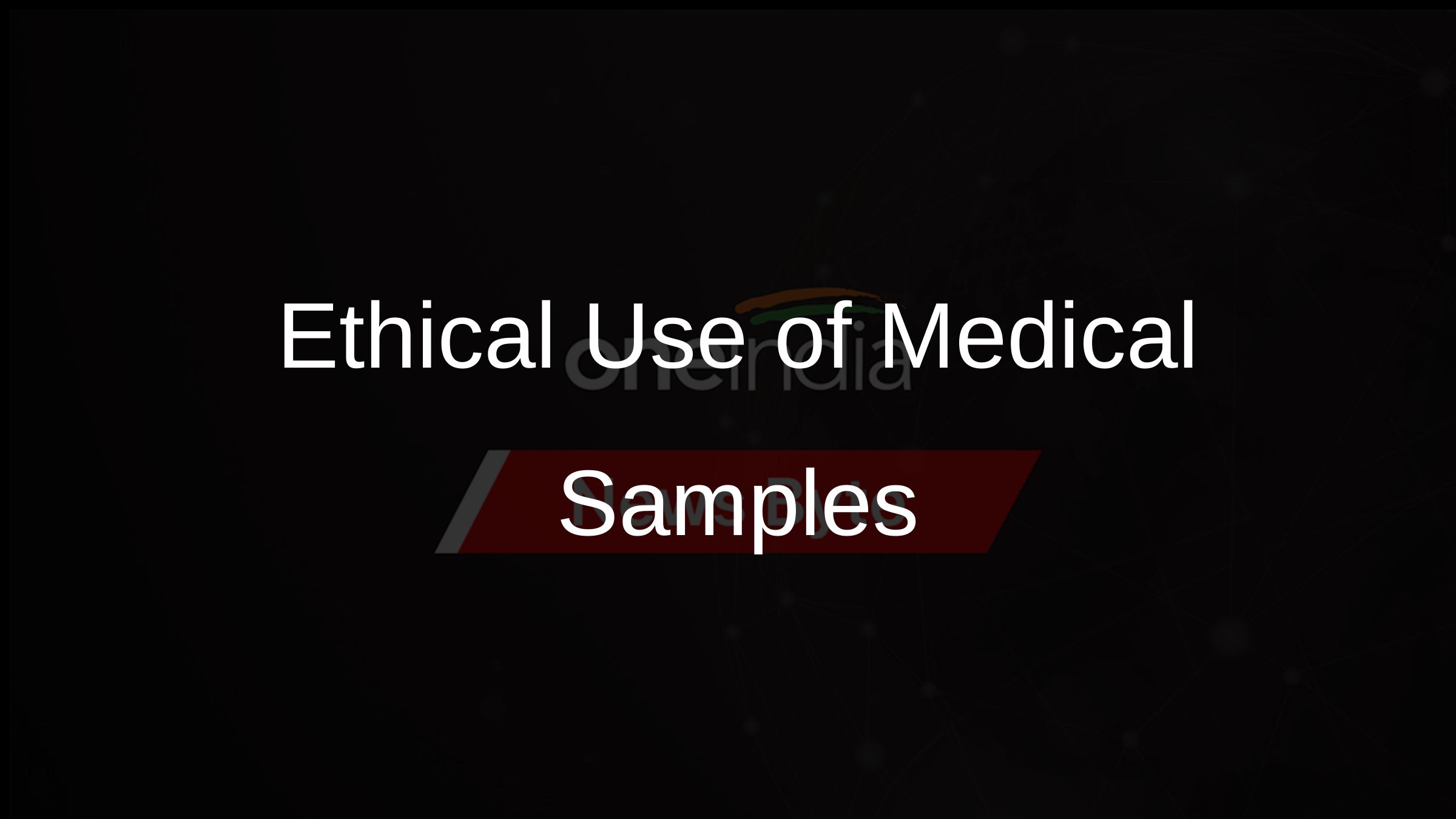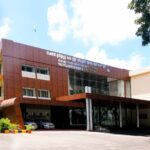The Union Health Ministry has recently issued comprehensive guidelines for the ethical use of “leftover, de-identified, and anonymous” medical samples from diagnostic or surgical procedures. These guidelines pave the way for utilizing these specimens, which include organs, tissues, cells, body fluids, and other biological materials, for commercial research and development purposes while ensuring patient confidentiality and data security.
Turning Waste into Innovation
Typically, hospitals dispose of leftover medical samples as biomedical waste after clinical and laboratory testing. However, these de-identified samples possess significant potential for research and development. The new guidelines emphasize the value these samples hold for creating diagnostic tools, innovations, and health markers, which can lead to advancements in medical science and improved patient outcomes.

Ensuring Ethical Compliance
A critical aspect of these guidelines is the emphasis on the complete anonymization and de-identification of samples to prevent any traceability back to individual patients. The guidelines mandate robust data security measures to protect any residual information associated with these samples. This is essential to maintain patient confidentiality and uphold ethical standards in medical research.
The guidelines also require transparent communication between commercial entities and hospitals or relevant institutions. This ensures that all parties involved are fully aware of the usage and handling of these samples.
Commercial Use and Affordability
Commercial entities have shown considerable interest in using these de-identified samples to develop new diagnostic kits, therapeutic advancements, and other medical technologies. The guidelines underscore that any commercial products developed from these samples should be affordable, ensuring broad accessibility for patients and healthcare providers across the country.
Ownership and Informed Consent
According to the guidelines, patients retain ownership of their biological samples and data, while institutions act as custodians. Per the ICMR National Ethical Guidelines, 2017, informed consent is required for any secondary use of samples for research purposes. However, the guidelines provide for a “waiver of informed consent” if the samples are irreversibly de-identified or leftover after clinical care, making it impractical to obtain consent. This waiver ensures that patient rights and autonomy are not compromised.
Addressing Potential Risks
The guidelines caution that de-identified samples with associated clinical information could still potentially be re-identified, posing a risk to patient confidentiality. Therefore, samples that can be re-identified, contain clinical or personal information or are specifically intended for research are not covered under these guidelines.
Regulatory Compliance
Companies utilizing these samples must adhere to all relevant local, national, and international regulations governing the collection, storage, and use of biological samples. This includes obtaining necessary ethical clearances and formal agreements such as Memorandums of Understanding (MoUs) or Material Transfer Agreements (MTAs). Any deviations, regulatory violations, or disputes will be addressed by government regulatory agencies through appellate bodies such as the High Court or the Supreme Court.
Conclusion
The Union Health Ministry’s new guidelines for the ethical use of leftover medical samples represent a significant step forward in medical research and innovation. By providing a framework that ensures patient confidentiality and ethical compliance, these guidelines enable the responsible use of valuable biological materials for advancing medical science. As commercial entities and healthcare institutions collaborate under these guidelines, the potential for groundbreaking discoveries and improved patient care is immense.
Stay tuned for more updates on this critical development in the medical research landscape and how it continues to shape the future of healthcare innovation
To register for our next masterclass please click here https://linktr.ee/docpreneur




